Rich nations should pay for historic environmental damages: Brazilian president
Brazil's President Luiz Inacio Lula da Silva says rich countries must pay for environmental damage inflicted on poorer countries with their "historic debt" to the planet.
"Who polluted the planet in these last 200 years were those who made the industrial revolution," Lula in a speech in front of the Eiffel Tower in Paris, France, at the "Power Our Planet" event on Thursday.
He stated that developed countries should take responsibility for financing the protection of forests in low-income countries, adding that: "for this, they have to pay the historic debt they have with planet Earth."
Organized by the advocacy group Global Citizen, the event runs parallel to the Paris summit and will also feature performances by artists such as Lenny Kravitz and Billie Eilish, as well as other world leaders.
Fighting illegal deforestation in the Amazon rainforest was a key promise in Lula's narrow election victory last year, after his predecessor, Jair Bolsonaro, weakened environmental and regulatory agencies and allowed a sharp increase in deforestation.
"The Amazon is a sovereign territory of Brazil, but at the same time, it belongs to all humanity," Lula said, adding: "For this reason, we will make every effort to keep the forest standing."
Earlier this month, his government unveiled plans to end illegal deforestation by 2030.
Under former right-wing president Jair Bolsonaro, Brazil joined a 2021 pact with more than 140 countries to end deforestation globally by 2030.
Lula da Silva, who took office on January 1, has made it the centerpiece of his environmental policy.
"I am committed to resuming Brazil's global leadership in mitigating climate change and controlling deforestation," Lula said in a speech at the event to launch the plans against deforestation.
The Action Plan for the Prevention and Control of Deforestation in the Amazon (PPCDAm) sets a coordinated policy across more than a dozen ministries until the end of Lula's term in 2027.
It calls for increased use of satellite data and imagery to track criminal activity, regularize land titles, and use a rural registry to monitor the proper management of forests that are critical to mitigating global climate change.
The plan says that degraded forests will be restored and native vegetation will increase through economic incentives for the protection and sustainable management of forests.
VIDEO | Imam Khomeini at Iran’s Neauphle-le-Château: Revolutionary influence in France
VIDEO | Press TV's news headlines
Israel holds 766 Palestinian bodies, nearly half since October 2023: Report
VIDEO | A new lease of life
Jordan says will not be ‘battleground or launchpad’ against Iran
Iran rules out enriched uranium transfer as part of nuclear deal
Mediterranean dockworkers set to strike against arms flow to Israel
Palestinian committee seeks global help to protect churches amid settler violence


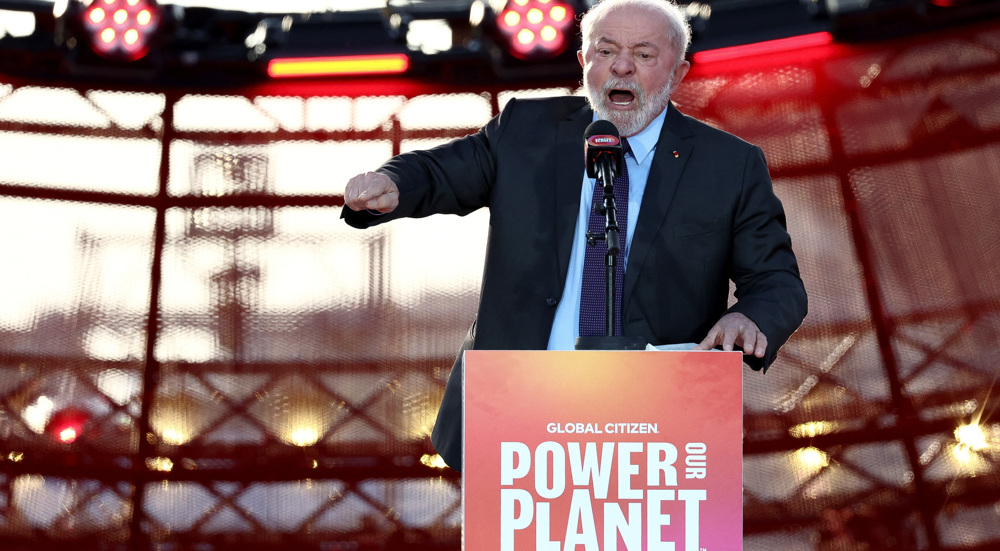
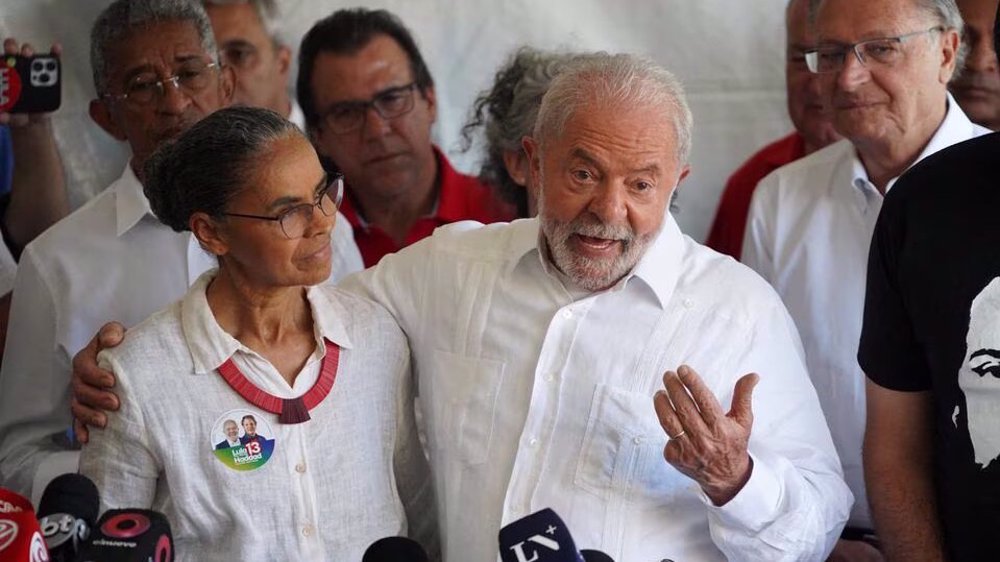
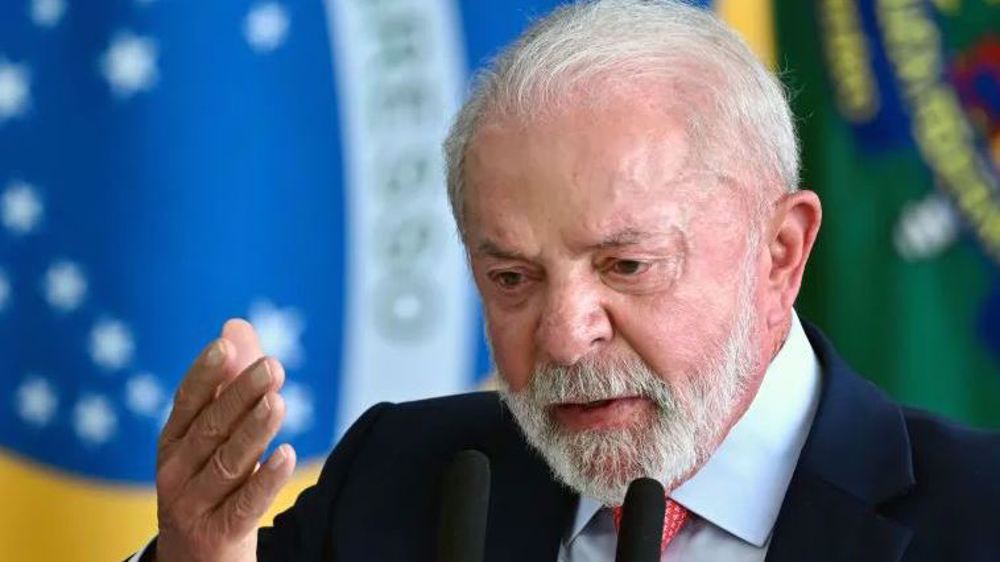





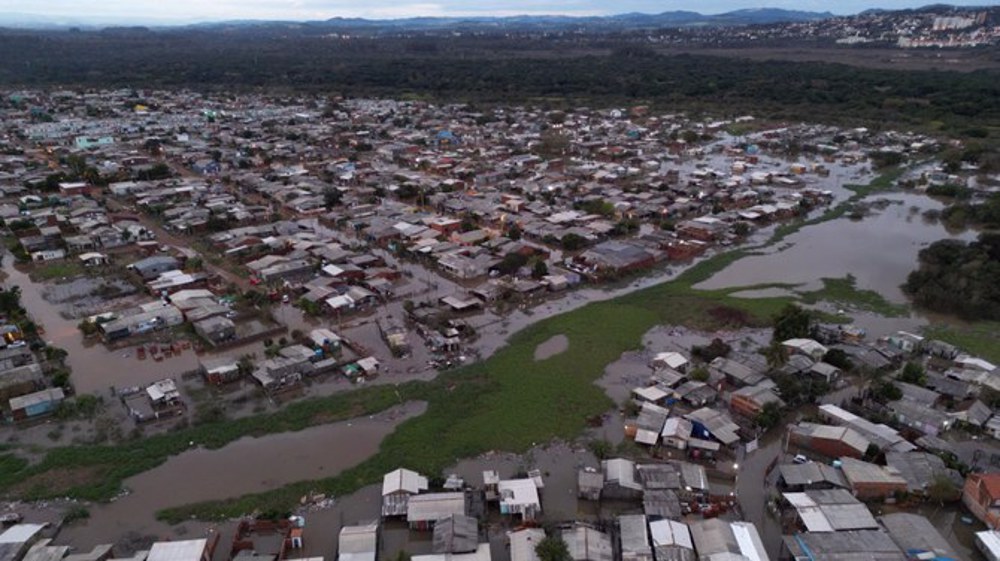
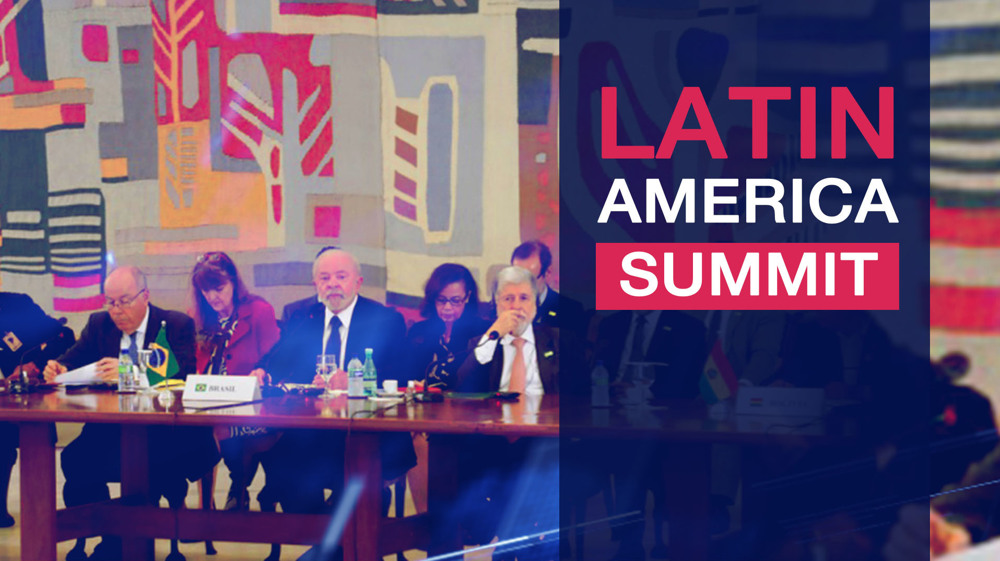

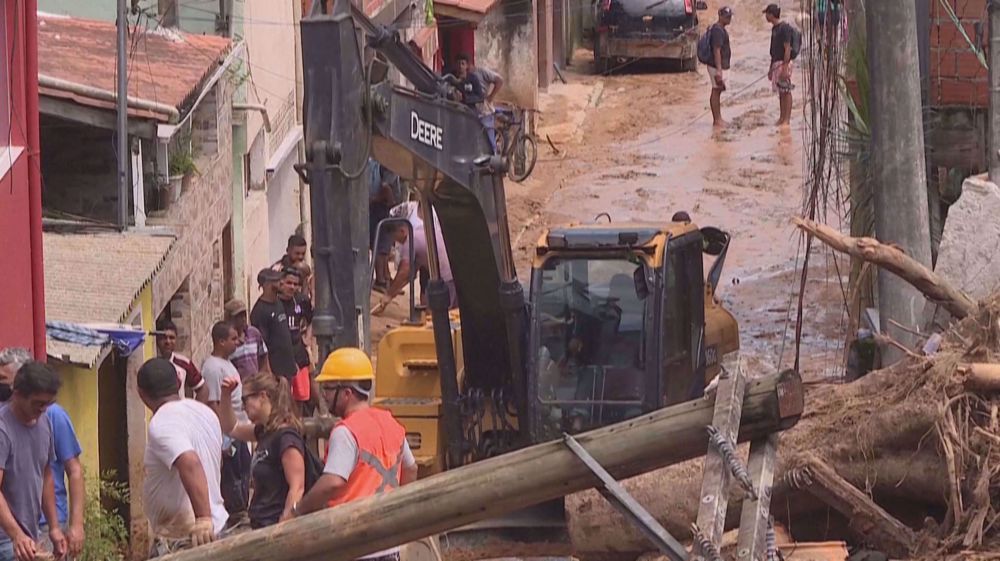

 This makes it easy to access the Press TV website
This makes it easy to access the Press TV website